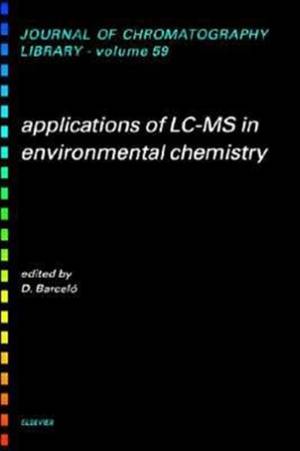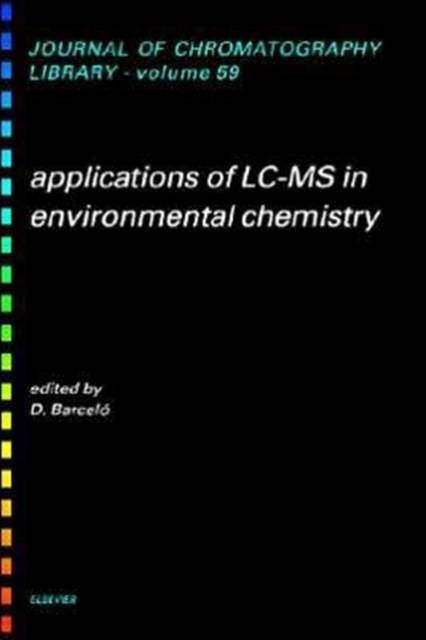
- Retrait gratuit dans votre magasin Club
- 7.000.000 titres dans notre catalogue
- Payer en toute sécurité
- Toujours un magasin près de chez vous
- Retrait gratuit dans votre magasin Club
- 7.000.000 titres dans notre catalogue
- Payer en toute sécurité
- Toujours un magasin près de chez vous
Applications of LC-MS in Environmental Chemistry
Volume 59
Description
The present book aims to provide a critical evaluation of LC-MS in environmental chemistry and it is structured in different areas. Apart from an introductory section with fundamental aspects, application areas using the most relevant interfacing systems (PB, TSP, ES) for the characterization of environmental compounds are included. In this sense, applications are discussed on the characterization of the most relevant compounds of environmental interest such as pesticides, detergents, dyes, polar metabolites, waste streams, organotin compounds and marine toxins with comparison between different interfacing systems. Finally, new methods and strategies in LC-MS, e.g. the use of capillary electrophoresis, MS together with on-line post-column systems in LC-MS are also shown.
By the nature of its content and written as it is by experienced practitioners, the book is intended to serve as a practical reference for analytical chemists who need to use LC-MS in environmental studies. Each chapter includes sufficient references to the literature to serve as a valuable starting point and also contains detailed investigations. The broad spectrum of the book and its application to environmental priority compounds makes it unique in many ways.
Spécifications
Parties prenantes
- Editeur:
Contenu
- Nombre de pages :
- 540
- Langue:
- Anglais
- Collection :
- Tome:
- n° 59
Caractéristiques
- EAN:
- 9780444820679
- Date de parution :
- 21-03-96
- Format:
- Livre relié
- Format numérique:
- Genaaid
- Dimensions :
- 156 mm x 234 mm
- Poids :
- 966 g






